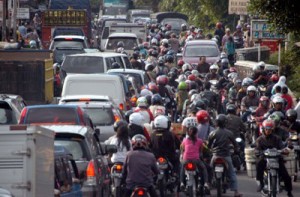Don’t count on regular media, governments, corporations, legislation or the police to improve the world. Count on yourself and the people you know. Count on jointly search for what causes our fear of the unfamiliar or of losing control. Count on seeing our urges to oppress others and wage war, to exploit others and create poverty, and to be shortsighted and destroy the planet.
Count on understanding how subconscious abuse of infants perpetuates misery in their later lives and as a consequence brings misery to others. Count on jointly learn how to reduce that cause of misery. Count on jointly learn how to take responsibility for that reduction. Count for that reason on jointly let love surface and integrate it with practical thinking and acting.
Don’t count on the pundits of ‘hardware’ or ‘software.’ Learn to see the connection between the 'soft' and the 'hard.'
Count on understanding how subconscious abuse of infants perpetuates misery in their later lives and as a consequence brings misery to others. Count on jointly learn how to reduce that cause of misery. Count on jointly learn how to take responsibility for that reduction. Count for that reason on jointly let love surface and integrate it with practical thinking and acting.
Don’t count on the pundits of ‘hardware’ or ‘software.’ Learn to see the connection between the 'soft' and the 'hard.'


















